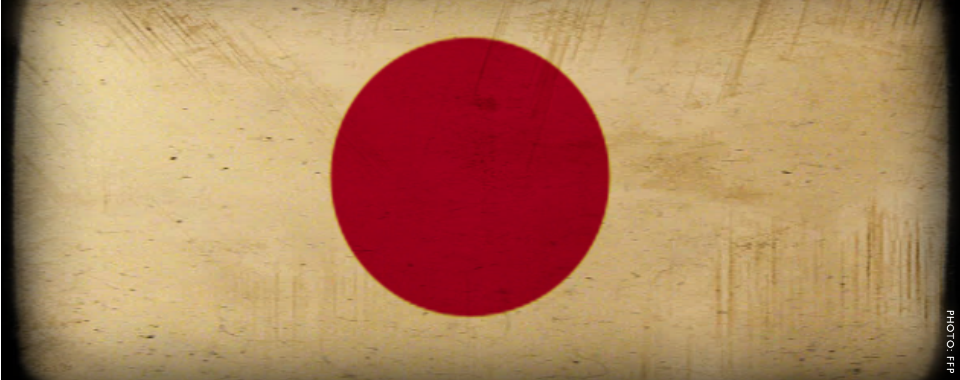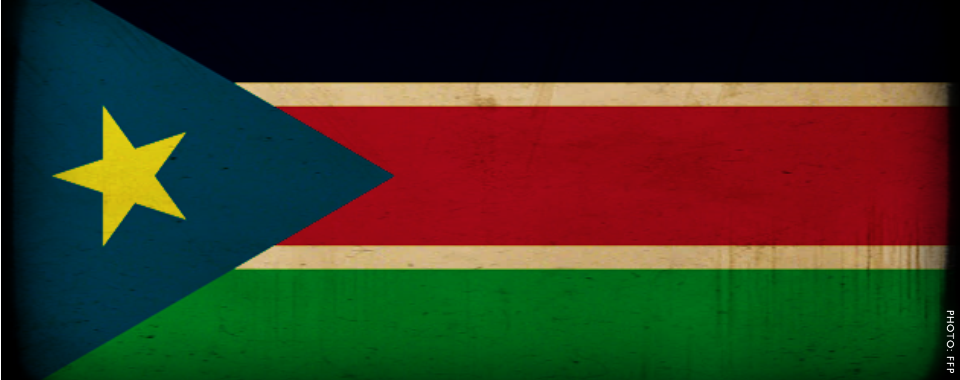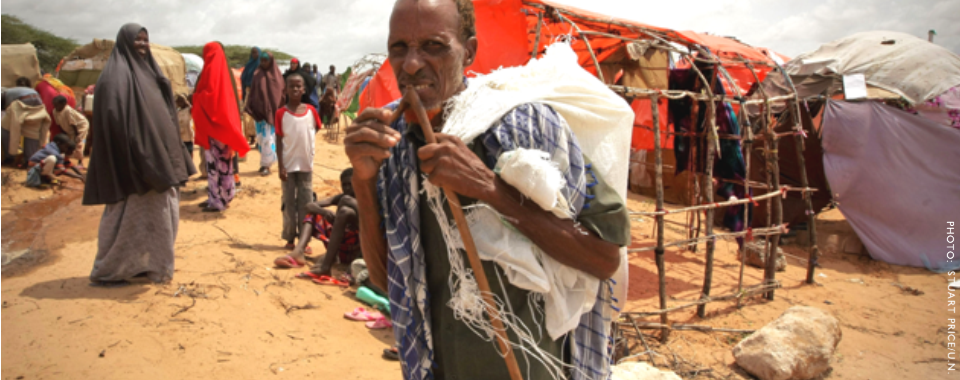BY SEBASTIAN PAVLOU 2012 saw Mali’s embroilment in a series of compounding political, security and humanitarian crises. An armed conflict has broken out in northern Mali since January 16, 2012 involving several insurgent groups rebelling against the Malian government for the independence of the northern region of Azawad. Further complications arose when Malian soldiers, dissatisfied […]
Category Archives: Fragile States Index
Multidimensional Solutions: The Four D’s of Human Security
- 24 June 2013
BY KRISTA HENDRY Tackling state fragility — once it has been identified by tools such as the Failed States Index (FSI) — is by no means a simple or straightforward task. Nor is it a one-dimensional task that can be undertaken alone. Building a state and society that protects human security requires a multifaceted strategy […]
No State is an Island: The Importance of a Multisectoral Approach
- 24 June 2013
BY KRISTA HENDRY In the 2013 Failed States Index (FSI), we call attention to the linkages between the underlying causes of state fragility. Essentially, no state is an island, and pressures in one state, no matter how seemingly isolated, often lead to wider destabilization. The pressures that can underlay and lead to conflict are normally […]
The Recovery of Somalia: Check Back With Us Again Next Year
- 24 June 2013

BY FELIPE UMANA Somalia has been what many would describe as the quintessential “failed state” since the inception of the Failed States Index (FSI). Struggling with an occasionally unforgiving semi-arid topography in much of the North, widespread poverty as a result of tight competition for few resources, and mired by high levels of insecurity, an […]
Most Improved Country for 2013: Japan
- 24 June 2013

BY SEBASTIAN PAVLOU Japan continues to recover with relative speed from the triple crisis of earthquake, tsunami and nuclear plant meltdown that devastated the country on March 11, 2011. After the 9.0 magnitude earthquake and subsequent tsunami tore through the country’s north-eastern coastal communities of Miyagi, Iwatu and Fukushima, at least 20,851 people died or […]
The Dark Side of State Building: South Sudan
- 24 June 2013

BY NATE HAKEN AND PATRICIA TAFT For sustainable human security, statebuilding is the only endgame. Absent the state, traditional mechanisms and authority structures might indeed manage communal issues, perhaps even better than would the state. Trans-communal issues like environmental degradation, complex humanitarian emergencies, and large scale conflict, however, go beyond the jurisdiction and capacity of […]
Anatomy of a Storm: Regional Impacts of the Arab Spring
- 24 June 2013
BY NATE HAKEN Does state failure matter? Obviously it matters mostly for the population of that country, but even for its neighbors, the answer is a resounding yes. Chaos in a single country can often impact an entire region. In 2011, as measured in the 2012 FSI, Tunisia and the wider “Arab Spring” were the […]
Failed States Index 2013: What Were You Expecting?
- 24 June 2013

BY J.J. MESSNER In compiling the 2013 Failed States Index (FSI), there was some optimism at The Fund for Peace that we would finally see Somalia climb out of first place on the Index after having been firmly anchored in top position for five straight years, especially given the encouraging signs that have been emanating […]
Press Release: Failed States Index 2013 Released
- 23 June 2013

FOR IMMEDIATE RELEASE 2013 Failed States Index Released: Somalia ranked most troubled state for 6th straight year; Finland remains at best position; Mali, Mauritania, Syria and Burkina Faso fall; Japan recovers. WASHINGTON, D.C. – The Fund for Peace today released the ninth edition of its annual Failed States Index (FSI), highlighting global political, economic and […]
